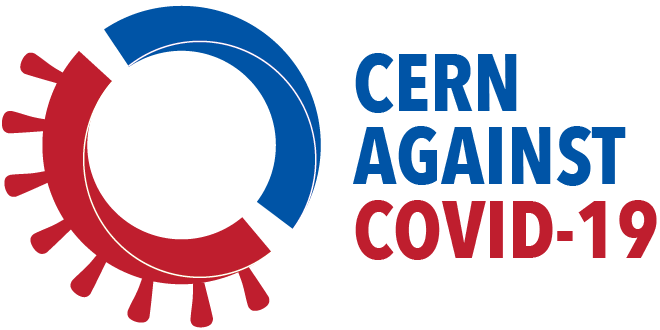CERN is host to a global community of skilled scientists, engineers and technicians, supported by dedicated personnel with expertise ranging from theoretical physics to procurement, industrialisation and knowledge transfer. In these extraordinary times, CERN aims to make these resources available to experts from fields including healthcare, vaccine development, epidemiology and emergency response.
The Laboratory’s approach is to solicit input from the community to catalogue and coordinate the available resources and ideas, and then to work closely with experts in order to deploy them to maximum effect. An agreement dating from 2011 provides a framework for collaboration with the World Health Organization, for example. CERN has also contacted local healthcare and emergency services in the region, as well as sister research organisations specialised in the life sciences, such as the European Molecular Biology Organization and the European Bioinformatics Institute.
The initiative has already fostered collaboration between physics laboratories around the world working to address the global need for ventilators, and assisted collaboration between them. Many of the designs being developed by physicists working with their local healthcare communities are being published via the CERN Open Hardware License, so that they can be freely replicated.
The initiative was launched on 27 March by the CERN Directorate, and its mandate approved by the Directorate on 31 March. The task force is composed of people from all areas of activity at CERN.
